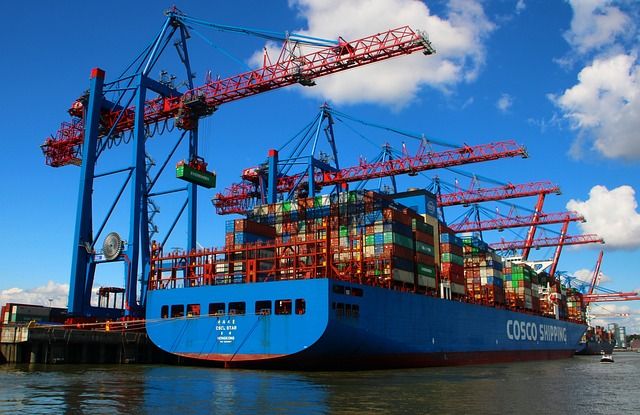The U.S. Department of Agriculture (USDA) outlined some of the key advantages for U.S. exporters in Mexico, as well as their challenges.
Among the first is that the U.S. and Mexican economies are highly integrated and Mexicans are familiar with U.S. trade practices and products.
During 2022-2023 the peso strengthened compared to the dollar, leading to the Mexican currency being referred to as the «super peso.» This allowed imports from the United States to be cheaper, which could favorably influence the volume of products imported into Mexico.
Shared cultural, historical, geographic and family ties create and facilitate opportunities for trade.
The U.S.-Mexico-Canada Agreement (USMCA) provides improved market access, particularly in terms of customs and intellectual property operations and anti-corruption measures.
While the extensive presence of U.S. government and industry representatives facilitates the identification of business opportunities, Mexican consumers associate U.S. brands with consistently high value and quality.
Major retailers have increasingly sophisticated logistics and distribution systems for high-value imports, and most of them have e-commerce options.
Another advantage is that consistent logistics investments ensure reliable deliveries, preserving product quality and strengthening the supply chain network between the two countries.
Finally, high- and middle-income urban consumers often seek (and can afford) imported products.
U.S. exporters
On the challenge side, violence and crime negatively affect trade and can deter people from visiting or investing in Mexico.
On the one hand, border problems are common and can delay shipments.
On the other hand, waves of immigrants, transportation strikes (both rail and truck) and other problems can hamper border operations.
All of these can cause border operations to stall or be delayed, resulting in loss of money and time.
Imported products tend to be more expensive and Mexican consumers are price sensitive.
In addition to the fact that logistics in some small towns and rural areas of Mexico remain underdeveloped, Mexican technical barriers and labeling requirements can cause delays at the border.
Import regulations can change without notice and are sometimes subject to interpretation by border officials.
Mexico’s trade agreements with more than 40 countries create competition for U.S. products.
There is also increased competition from local food producers and processors.
Some U.S. companies are still unfamiliar with Mexican business culture or face language barriers.
Some products require ongoing consumer education, which can be costly and time-consuming.

